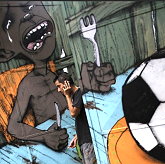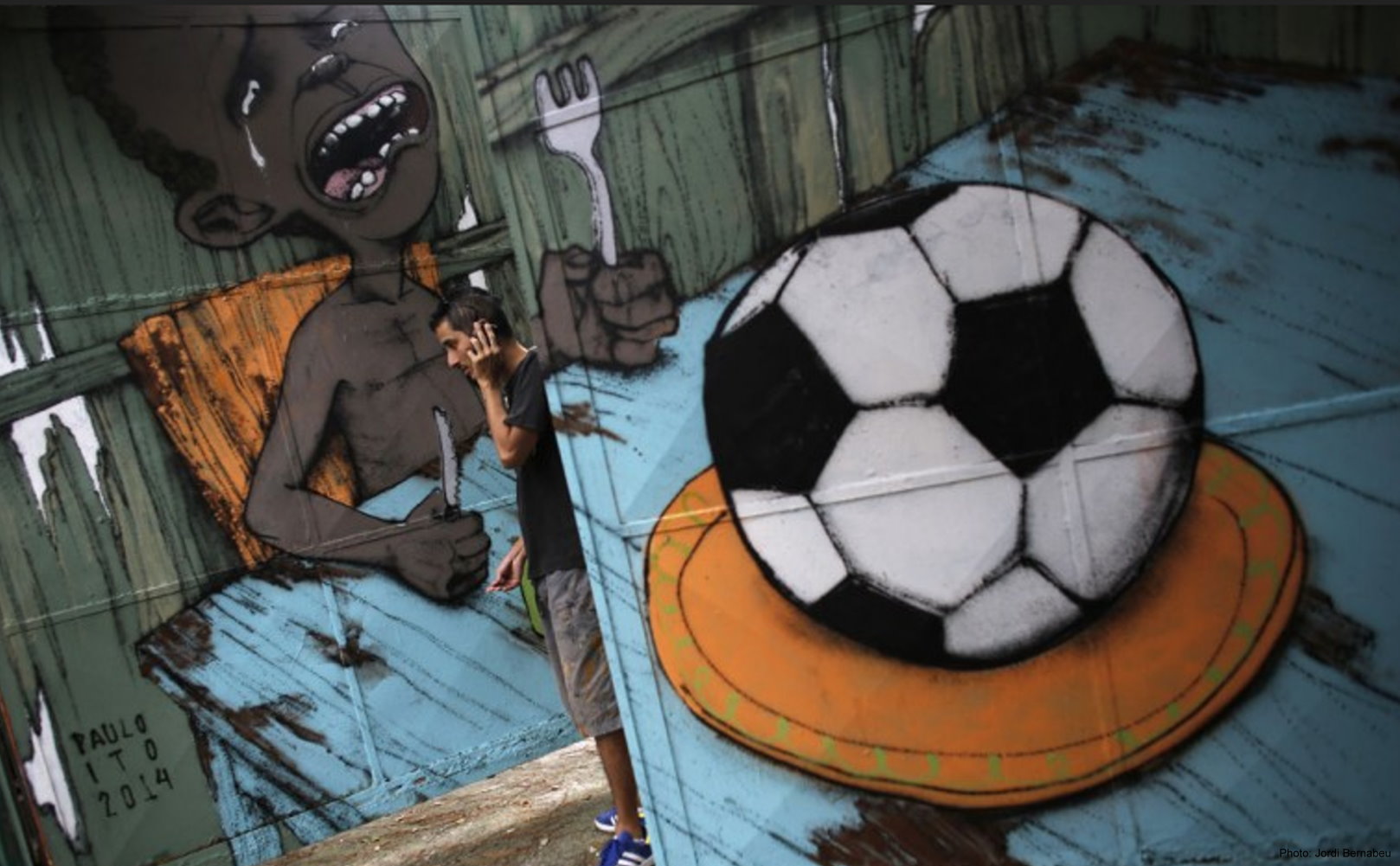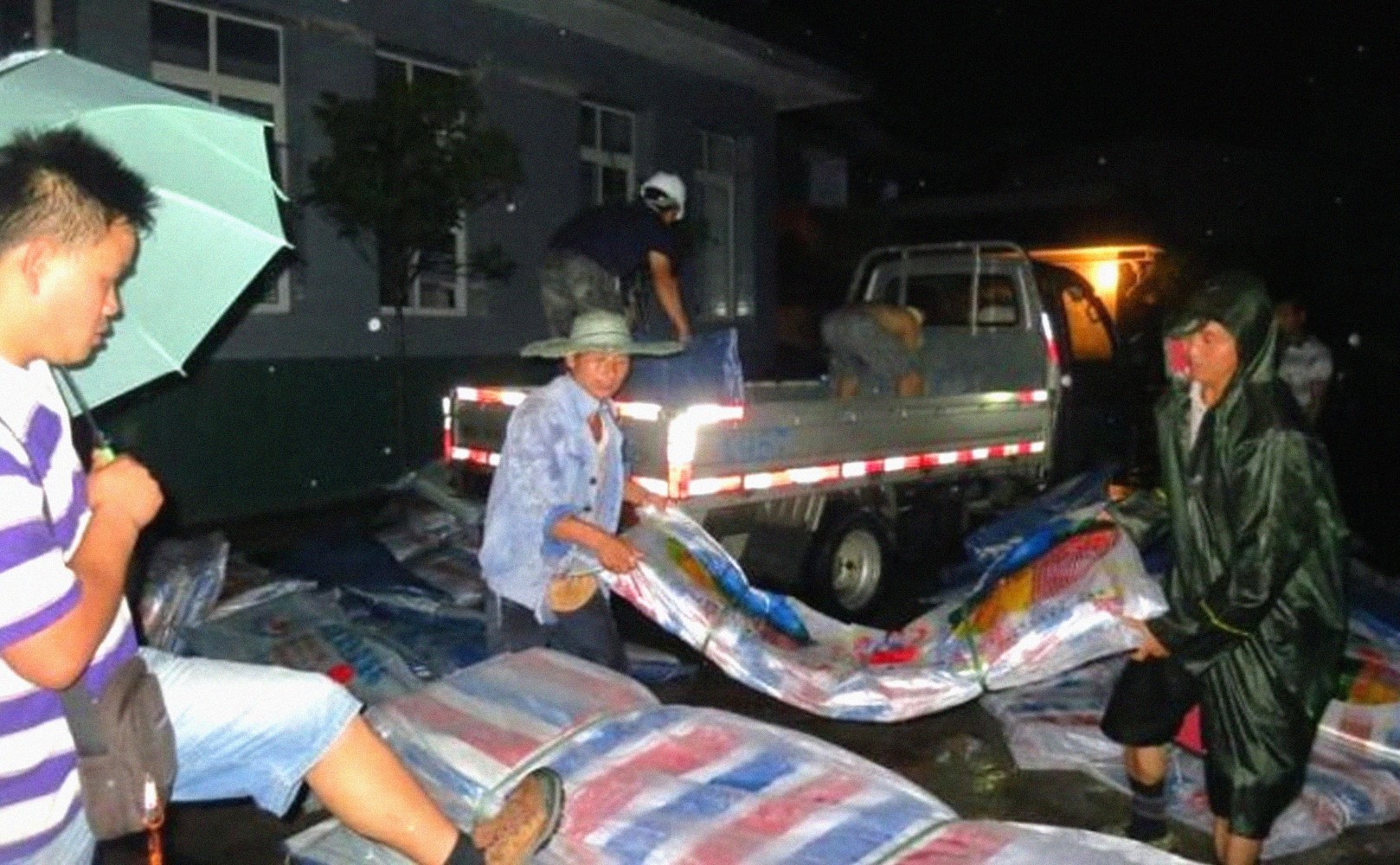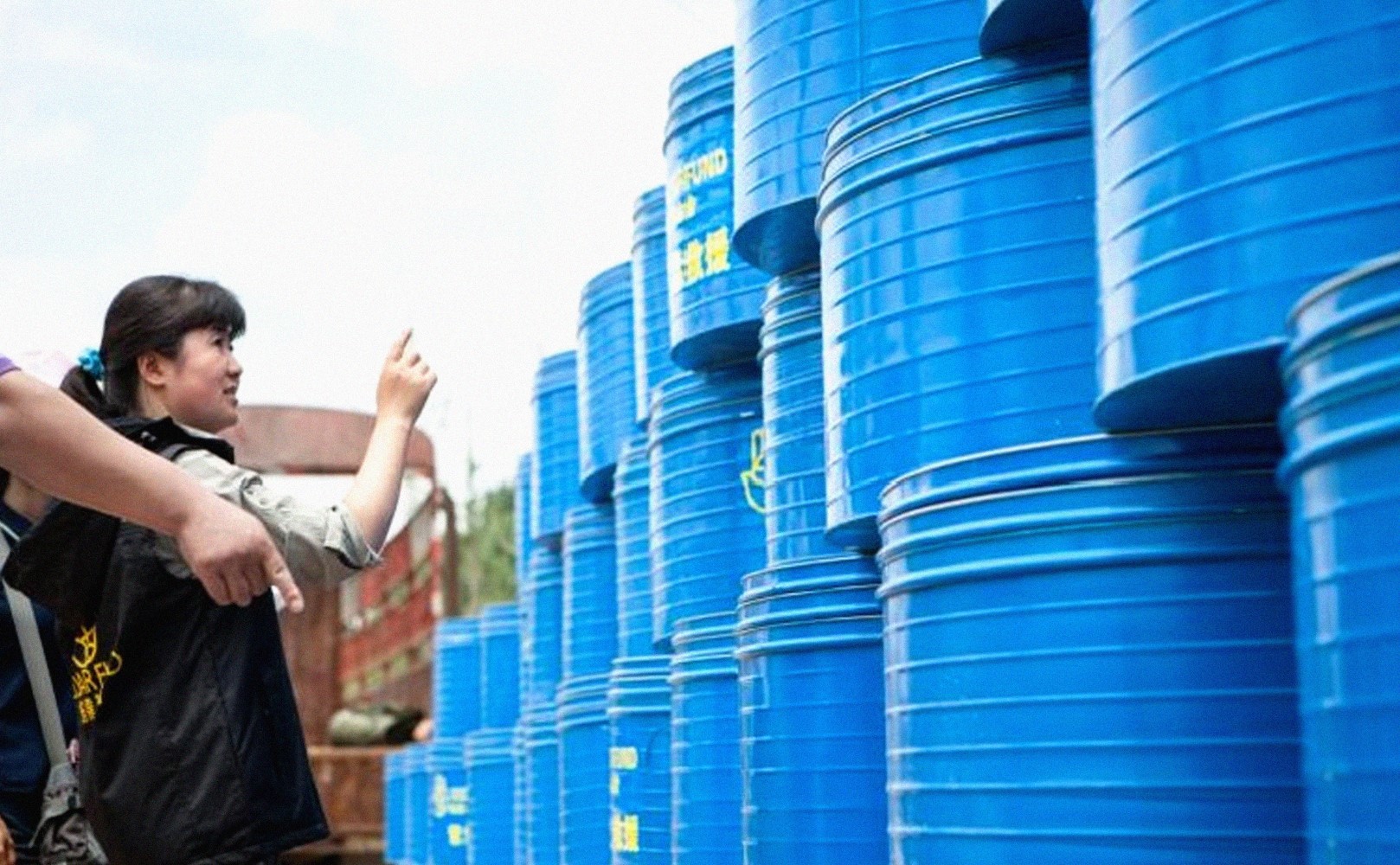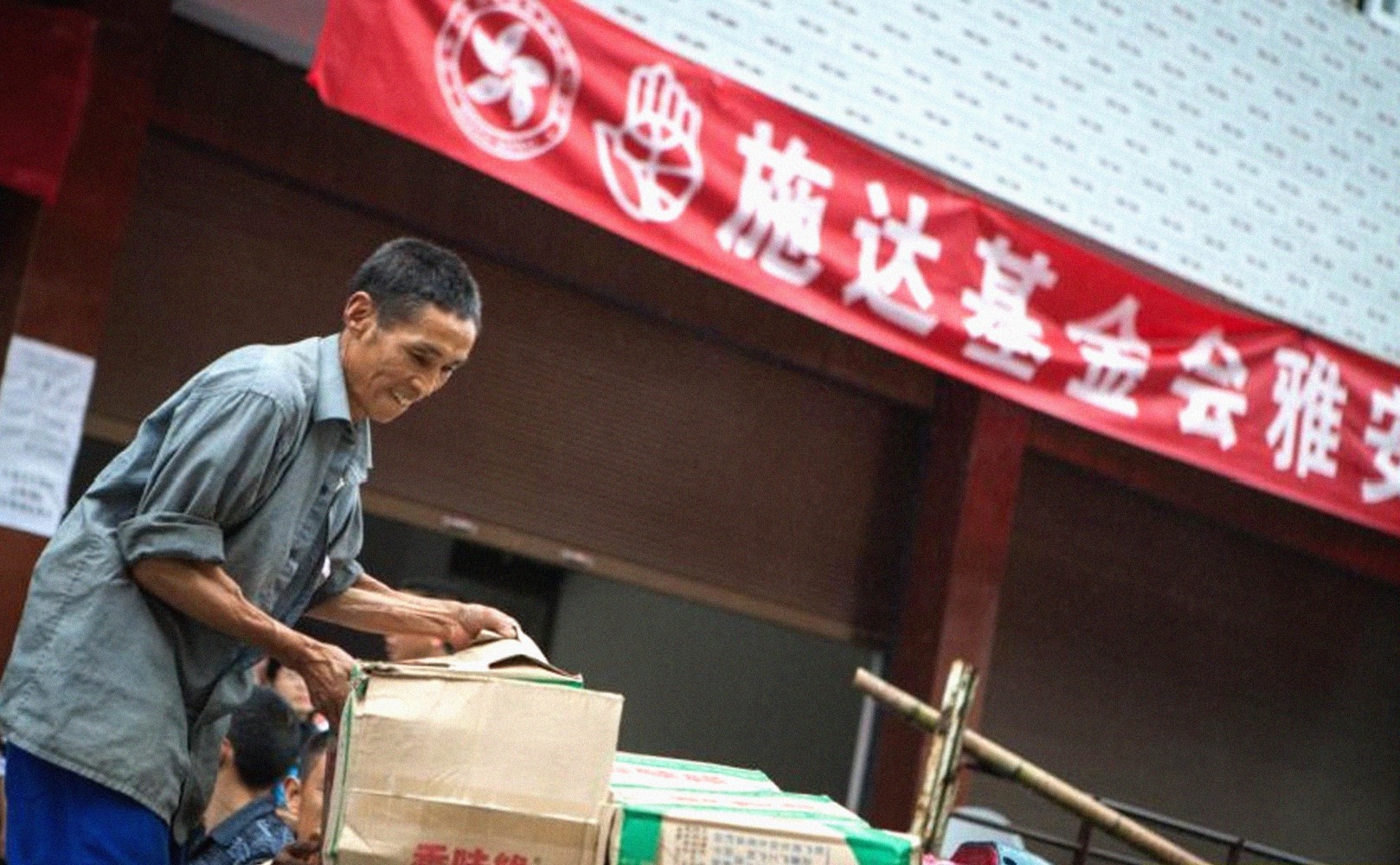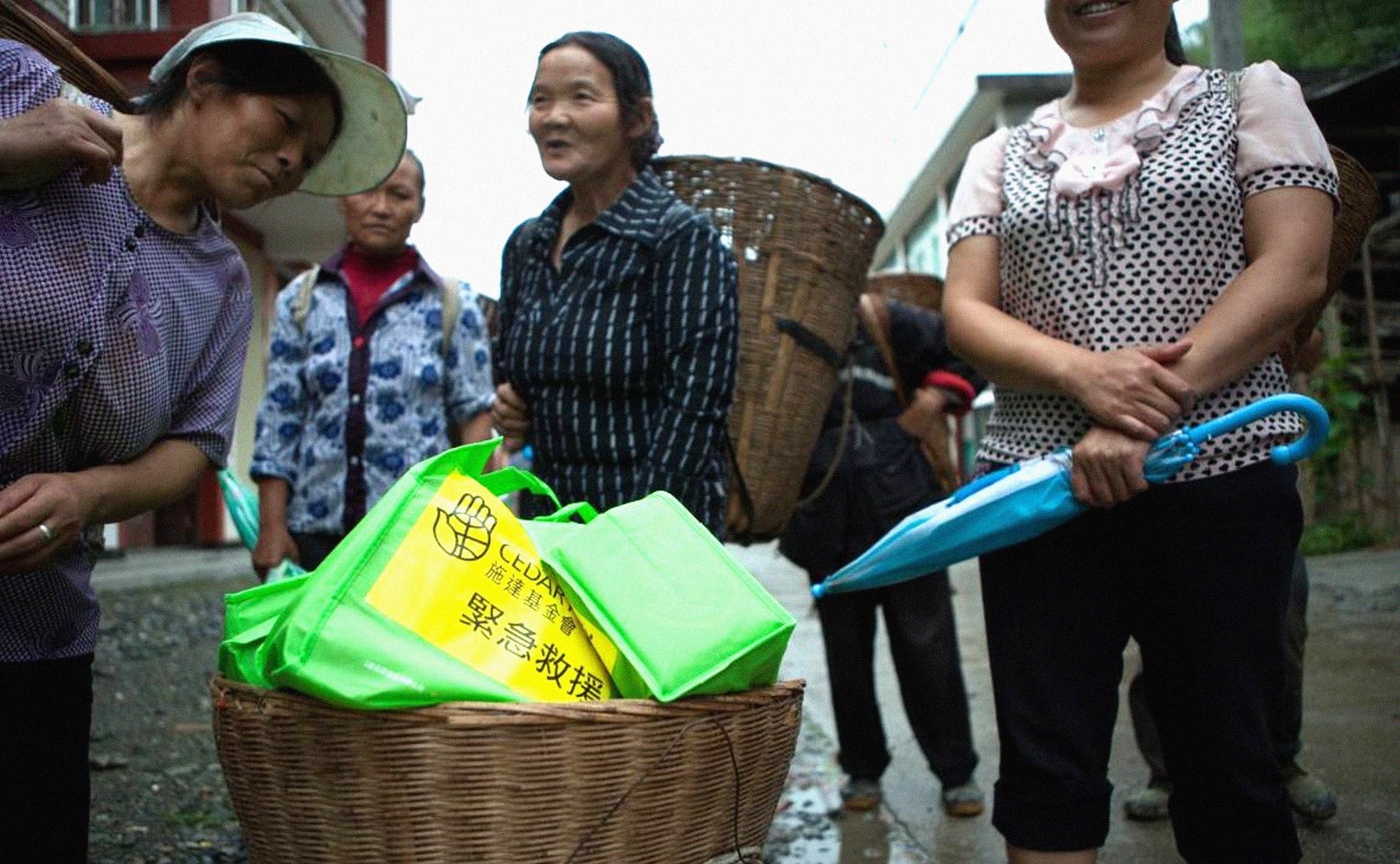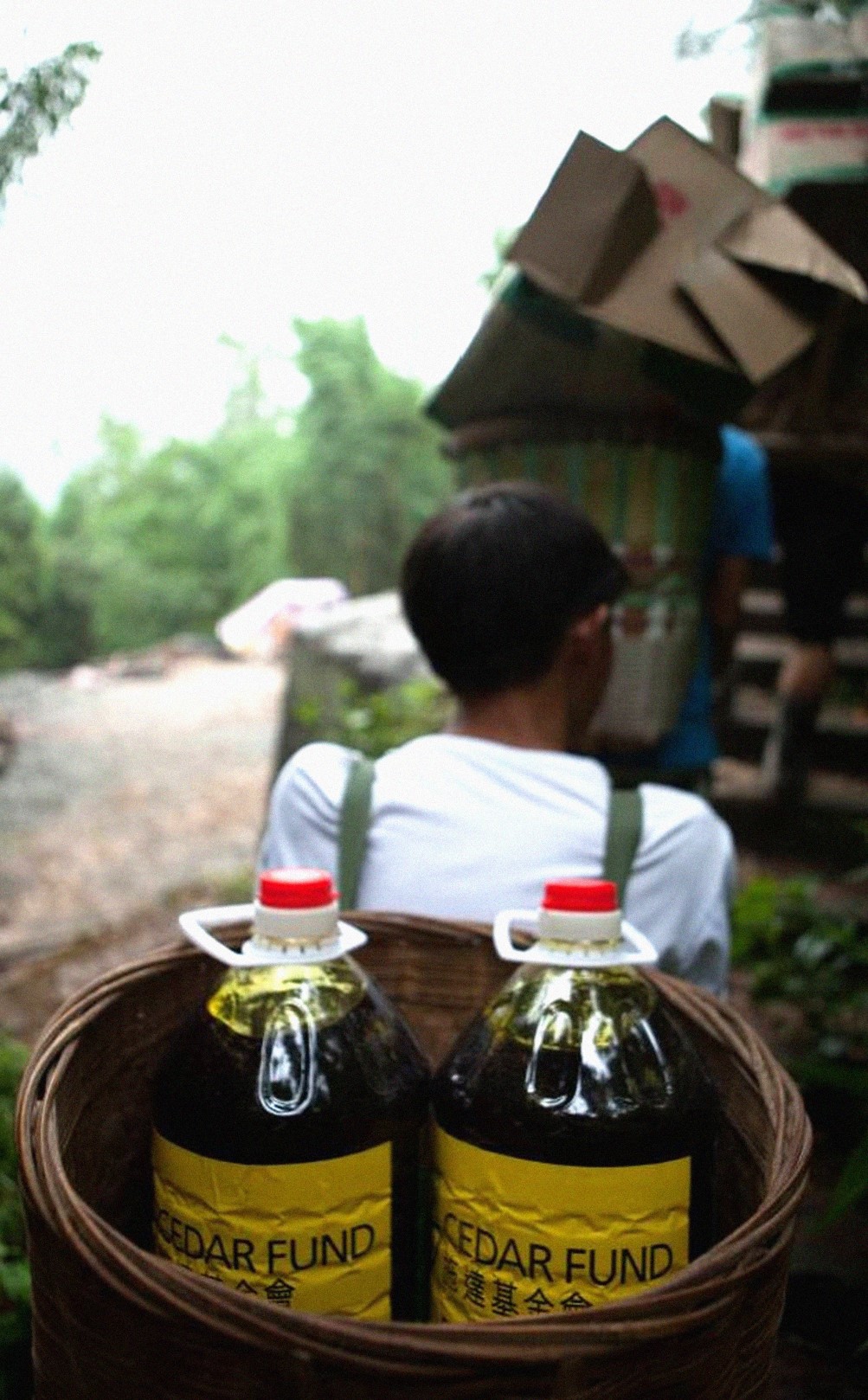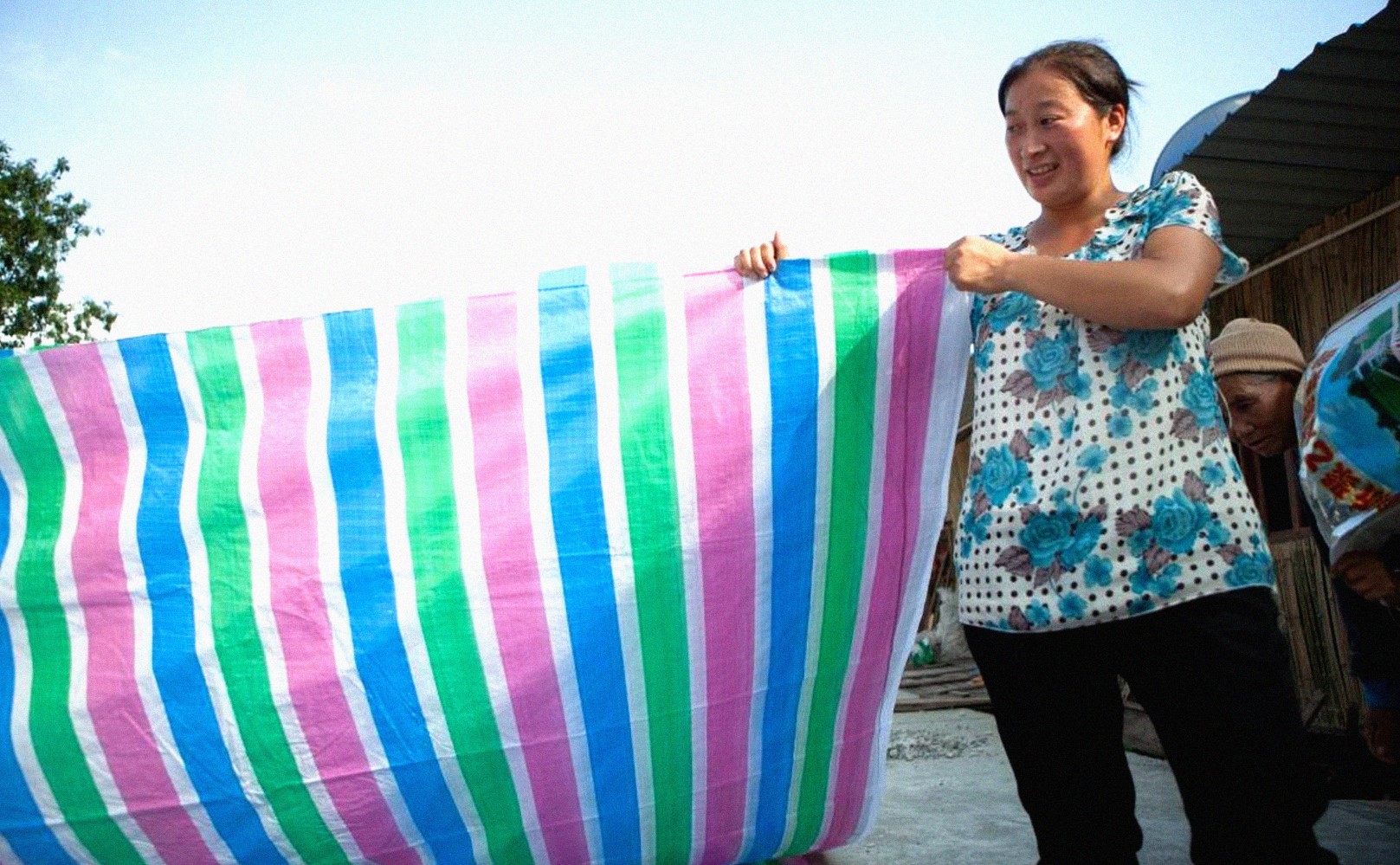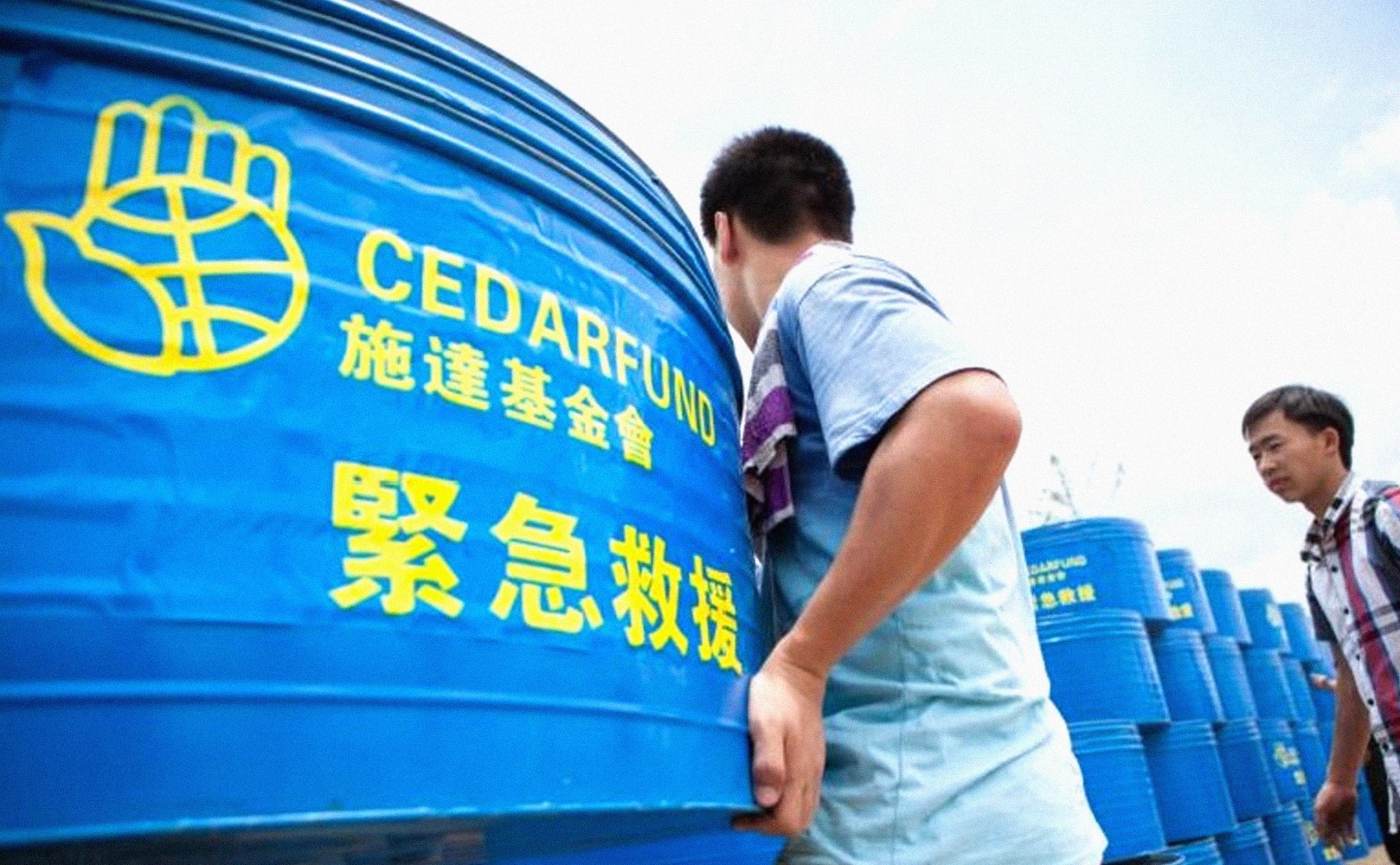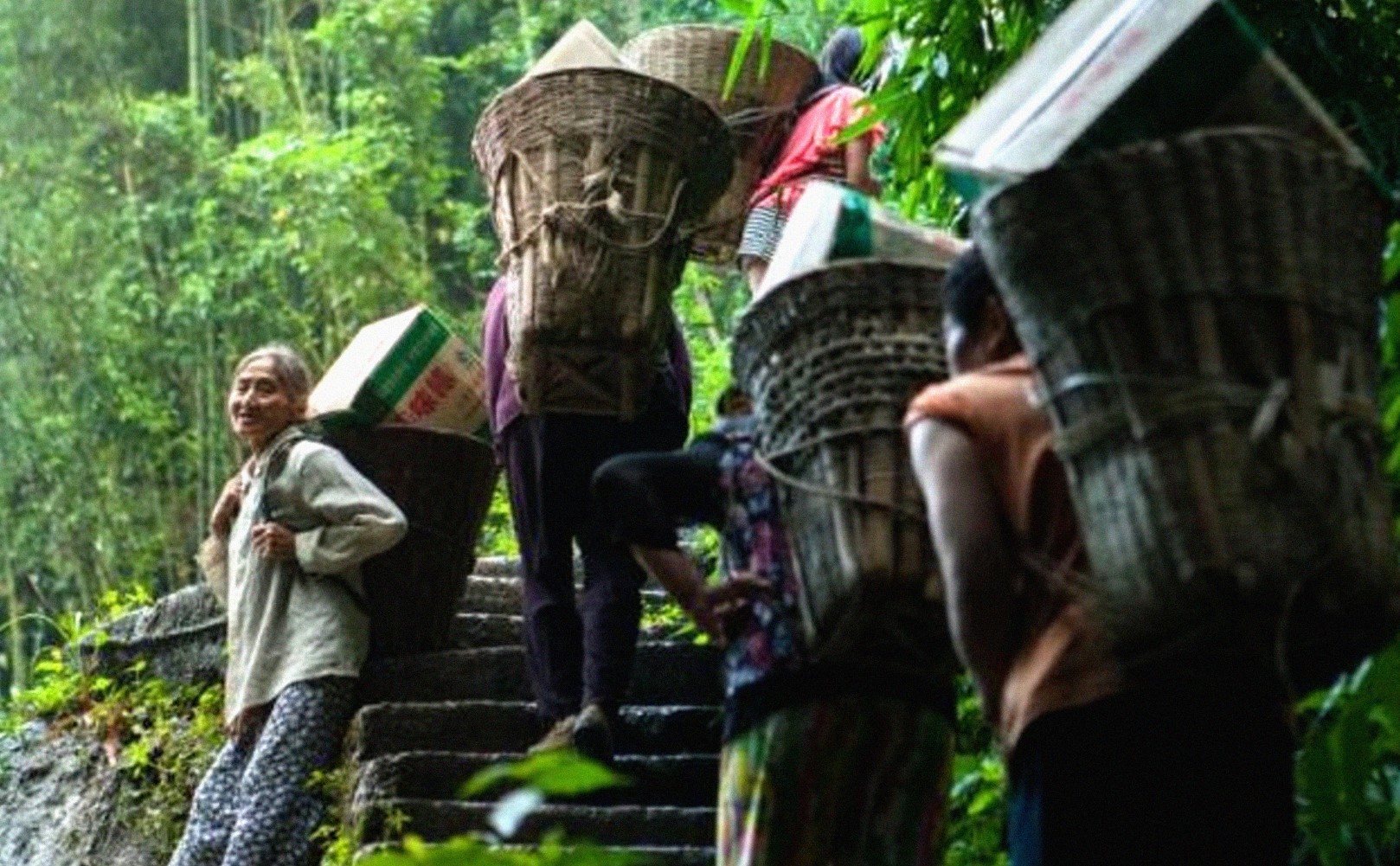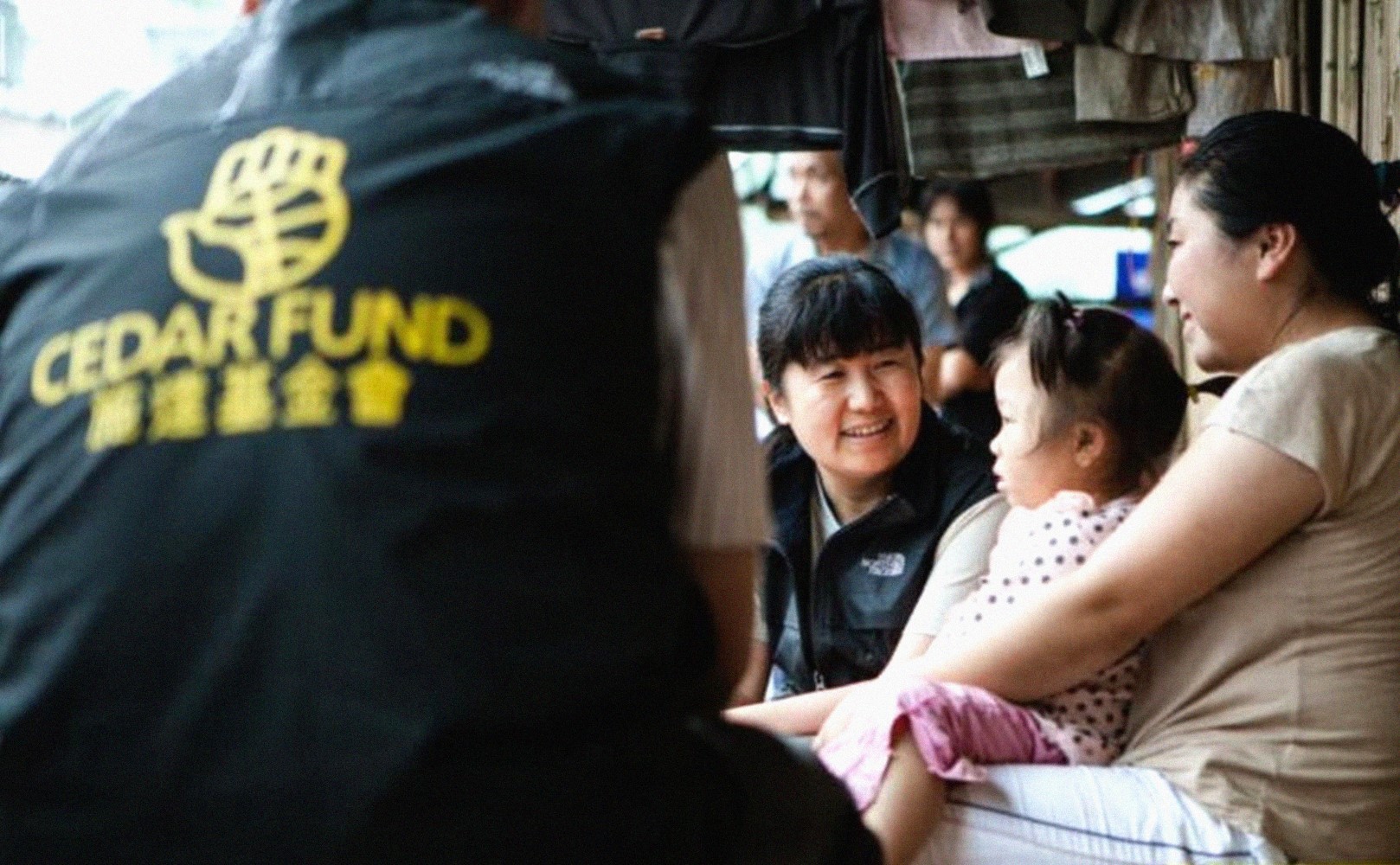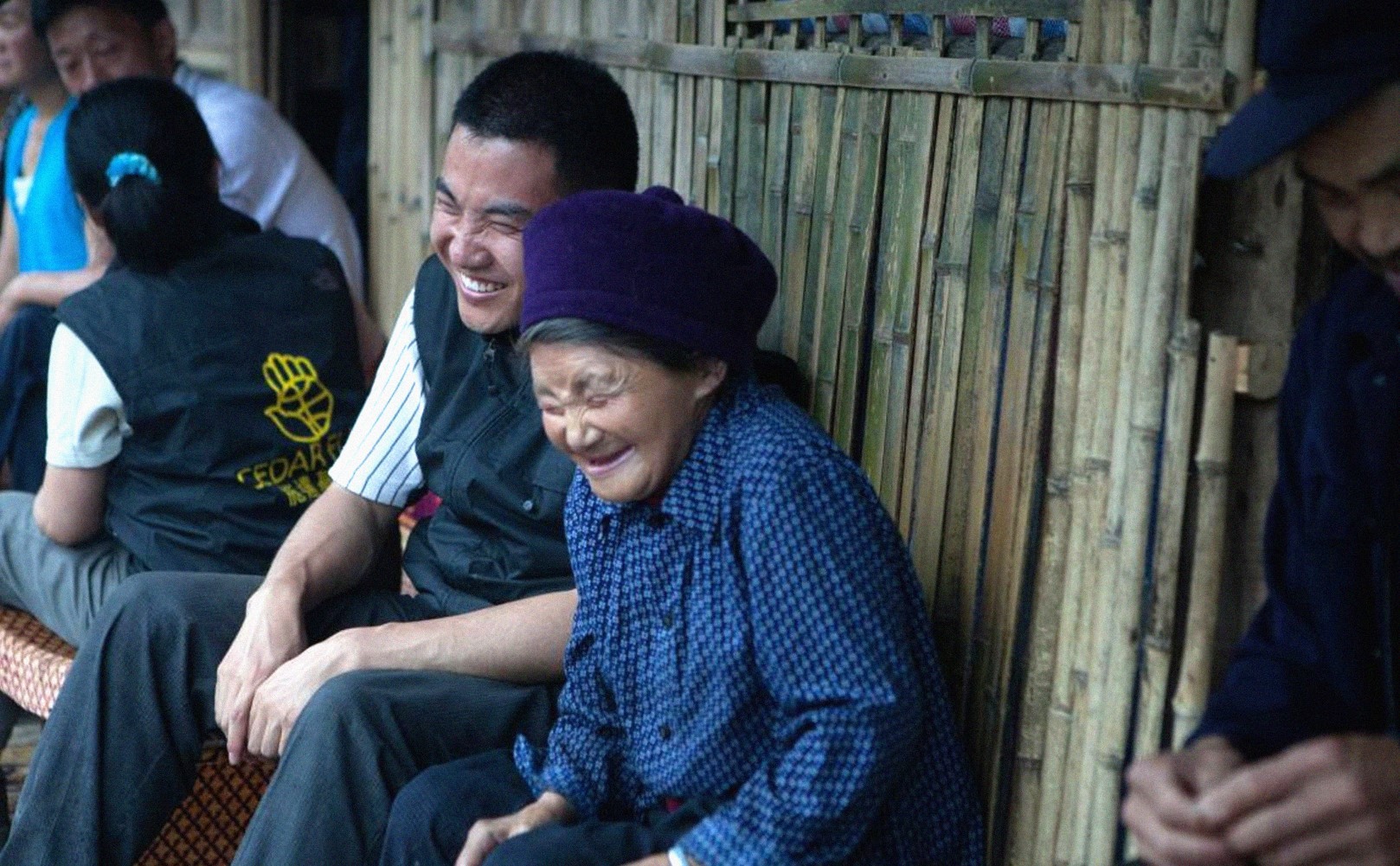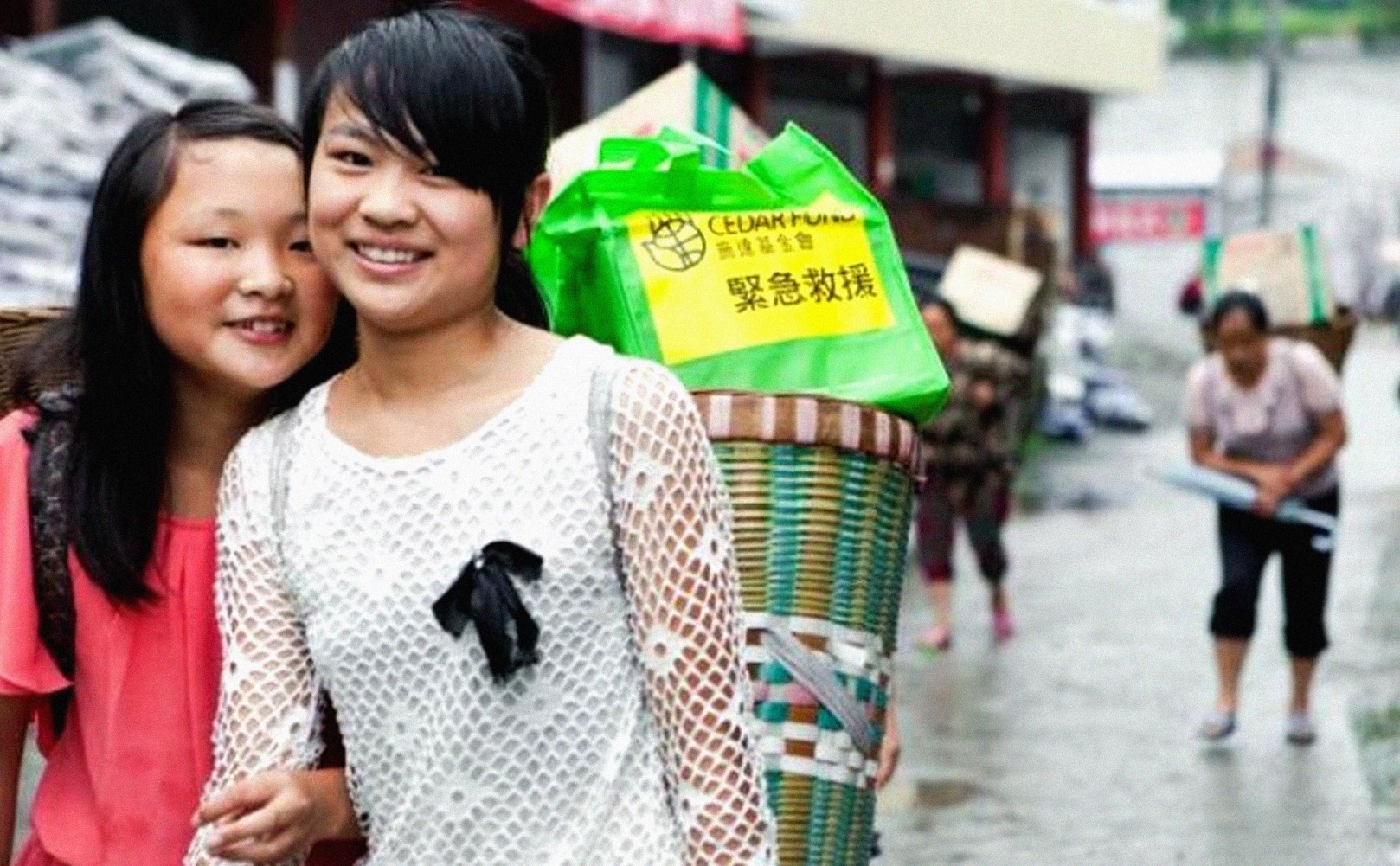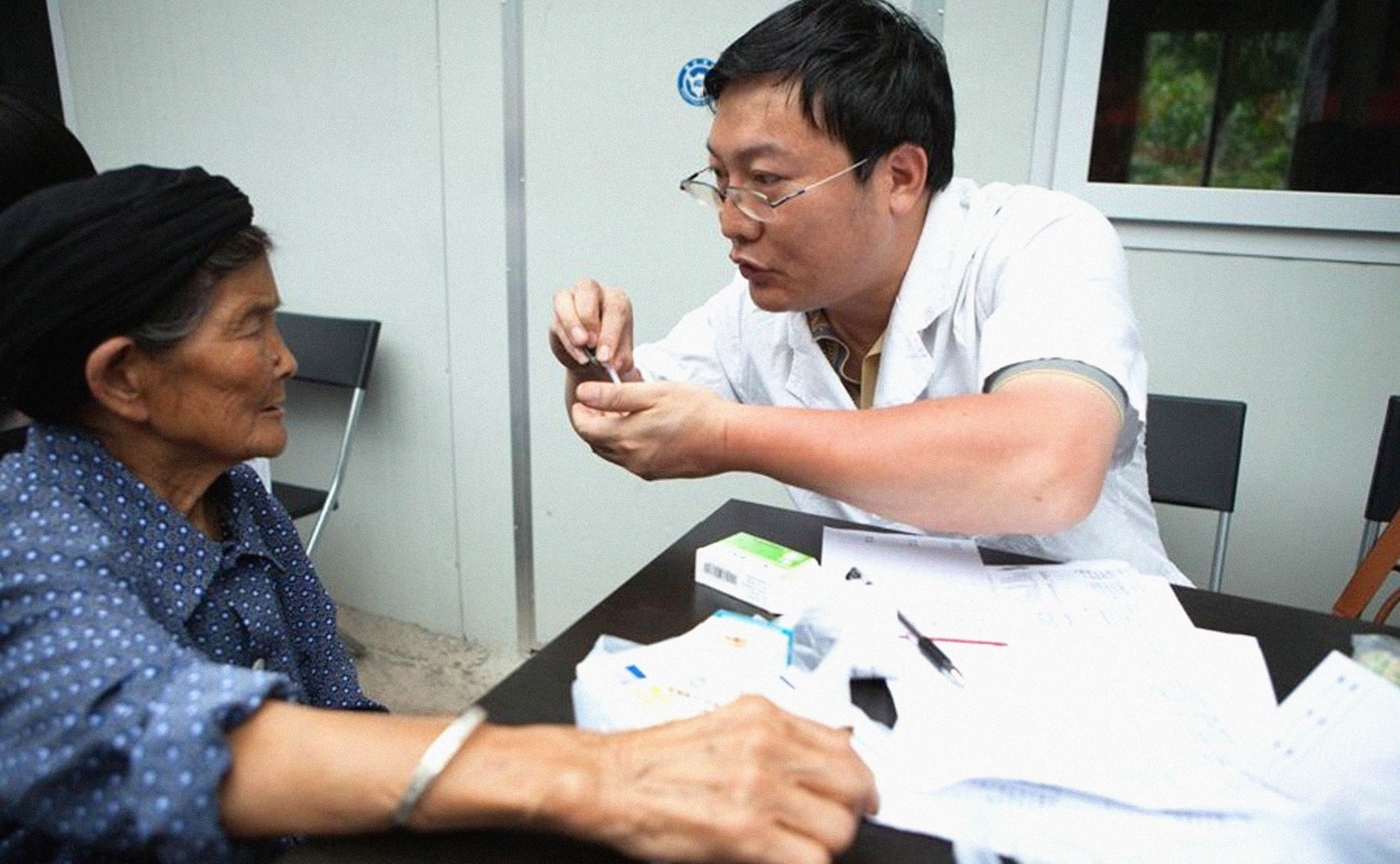[ePrayer – Pray for the impoverished communities in Brazil]
Brazilian street artist Paulo Ito crystallizes Brazillian’s frustration over the World Cup event: A hungry child sits with his eating utensils at the dining table, cries when his plate comes bearing not food but a soccer ball.
All people around the world are earnestly looking forward to the kickoff of Brazil World Cup 2014 on 12 June. However, behind the Event, apart from the subway train strikes that hit the newspaper headline recently, the desperate situation of local slums, ongoing unresolved livelihood issues and corruption seen at all levels demand our attention.
Brazil ranks the world’s seventh biggest economy and is even the biggest one in South America, but ironically is also at the top of the list of income disparity. Local communities have always been suffering from chronic poor education, shortage of medical service, unsafe living environment and corruption. Although in the last 5 years the Brazilian government has continuously increased the expenditure on education, medical care, housing and social assistance, the Brazilians are frustrated at their government spending $13 billion in hosting this year’s World Cup event.
To ensure a safe environment for the World Cup event and its travelers, the Brazilian police has set up a special task force since 2008 to clear up drug trafficking and triad activities in the slums of the major cities, such as Rio de Janeiro and Sao Paulo. Their actions seems effective and the security seems improving, but the drug dealers are in fact still active on the sly. Most slum residents feel even more unsafe with the way how the police uses their power. Police can shoot anyone they suspect, including the civilians and the innocent children.
After the World Cup, Brazil will continue to prepare for her next hosting event, Rio 2016 Olympics. Pray that Brazilian government will actively respond to the basic demands of her people, improve their living conditions and the environment in the slum areas, and seriously attend to the corruption widely seen in the country. [The Financial Times, news.com.au, The Washington Post]
Meditation on Scriptures:
‘Woe to him who builds his palace by unrighteousness, his upper rooms by injustice, making his own people work for nothing, not paying them for their labour. He says, “I will build myself a great palace with spacious upper rooms.” So he makes large windows in it, panels it with cedar and decorates it in red.’
‘Does it make you a king to have more and more cedar? Did not your father have food and drink? He did what was right and just, so all went well with him. He defended the cause of the poor and needy, and so all went well. Is that not what it means to know me?’ declares the Lord. (Jeremiah 22:13-16)
Brazilians love to play soccer, but the slum residents living in dire straits even yearn more for better living condition, better education and safer living environment. May we not forget the need of the marginalised communities in Brazil while we enjoy the tournaments. That is what it means to know the Lord, our God.
Pray for the impoverished communities in Brazil:
- May Brazilian government respond to the different demands of people on better living and labour rights;
- Pray for God’s protection and peace to the slum residents;
- Pray that God will stop the abuse of power by police. Pray that the police will enforce with love and justice.





